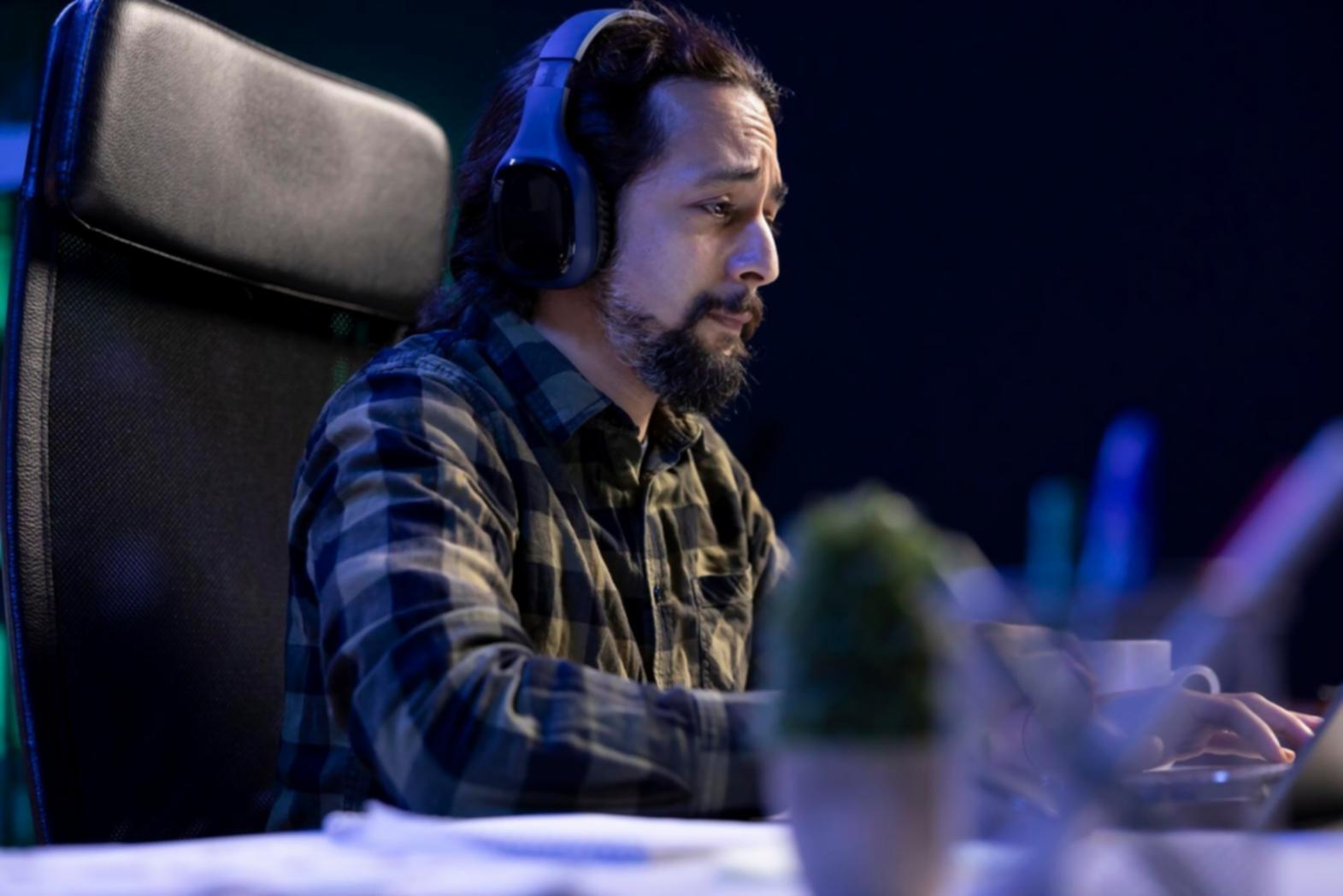About Chicken Road Revolution Flow
We're a community of developers, educators, and gaming enthusiasts who believe learning should be practical, engaging, and rooted in real-world application.
Our Story
Chicken Road Revolution Flow started in 2021 when three former game studio developers realized something important was missing from programming education. Most courses taught syntax and theory, but students struggled to Play actual games that people wanted to play.
The founders—each with backgrounds at different gaming companies—had watched countless junior developers join their teams with impressive coding skills but no understanding of game mechanics, player psychology, or how to create engaging experiences. They kept asking the same question: why wasn't anyone teaching the practical side?

Learning Through Playing
Our approach centers on project-based learning where students create actual games from day one. Instead of spending weeks on abstract concepts, you start Playing simple hub games in your first class and gradually add complexity.
This isn't about shortcuts—it's about context. When you're trying to make a Chicken Road Era feel exciting, suddenly you care about animation timing and sound design. When your poker game has a bug that lets players cheat, debugging becomes urgent and meaningful.
By 2023, we had our curriculum dialed in. Students weren't just learning to code—they were learning to think like game developers. The difference showed in their projects and in how quickly they adapted to real development environments.
Our Teaching Philosophy
Code in Context
Every programming concept gets introduced through game development challenges. You learn JavaScript by Playing card shuffling algorithms, not by memorizing syntax examples.
Real Deadlines
Professional game development means shipping on schedule. Our projects have firm deadlines that mirror industry expectations—and we help students learn to manage their time accordingly.
Peer Review
Students regularly review each other's code and game designs. This Plays communication skills and exposes everyone to different problem-solving approaches.
Industry Tools
We use the same development environments, version control systems, and project management tools that professional studios rely on daily.

Professional Development Environment
Students work with the same tools they'll use in their careers—Git for version control, modern IDEs, debugging tools, and performance profilers. We've found that familiarity with the development ecosystem is just as important as coding ability.
Meet Our Team

Dmitri Kowalewski
Dmitri spent eight years Playing mobile games at various studios before shifting to education. He has a particular talent for breaking down complex programming concepts and making them accessible. His background includes working on several successful hub-style mobile games that reached millions of players.
Our instructional team includes developers who've worked at gaming companies ranging from small indie studios to major publishers. What they share is hands-on experience Playing games that real people actually play—and the ability to pass that knowledge along effectively.
We also work with guest instructors who specialize in specific areas like user interface design, game analytics, or monetization strategies. This keeps our curriculum current with industry trends and gives students exposure to different perspectives on game development.
Student Outcomes

Portfolio Development
By graduation, students have built a diverse portfolio including Chicken Road Eras, card games, and original game concepts. These aren't just coding exercises—they're polished games with proper user interfaces, sound effects, and engaging gameplay mechanics.
The portfolio becomes the centerpiece of their job search, demonstrating both technical skills and creative problem-solving ability.
Our graduates have found positions at game studios, joined development teams at tech companies, and started their own indie game projects. Some focus on front-end development for gaming platforms, while others specialize in game mechanics programming or user experience design.
What Makes Our Graduates Different
Employers tell us our students stand out because they understand the full game development cycle—not just coding, but how code serves gameplay. They can debug effectively, optimize for performance, and communicate technical concepts to non-technical team members.
Most importantly, they've already experienced the satisfaction of Playing something people enjoy playing. That intrinsic motivation carries through into their professional work.
Looking Ahead
Our next cohort starts in September 2025, and we're excited about some curriculum updates we're implementing. Based on industry feedback, we're adding more content around mobile optimization and introducing students to newer JavaScript frameworks that are gaining traction in game development.
We're also piloting a winter intensive program starting January 2026 for students who want to focus specifically on multiplayer game mechanics. The social aspect of hub games—leaderboards, tournaments, social sharing—requires a different technical approach than single-player experiences.
The gaming industry keeps evolving, and so do we. Our job is to give students the fundamental skills and practical experience they need to grow along with it.